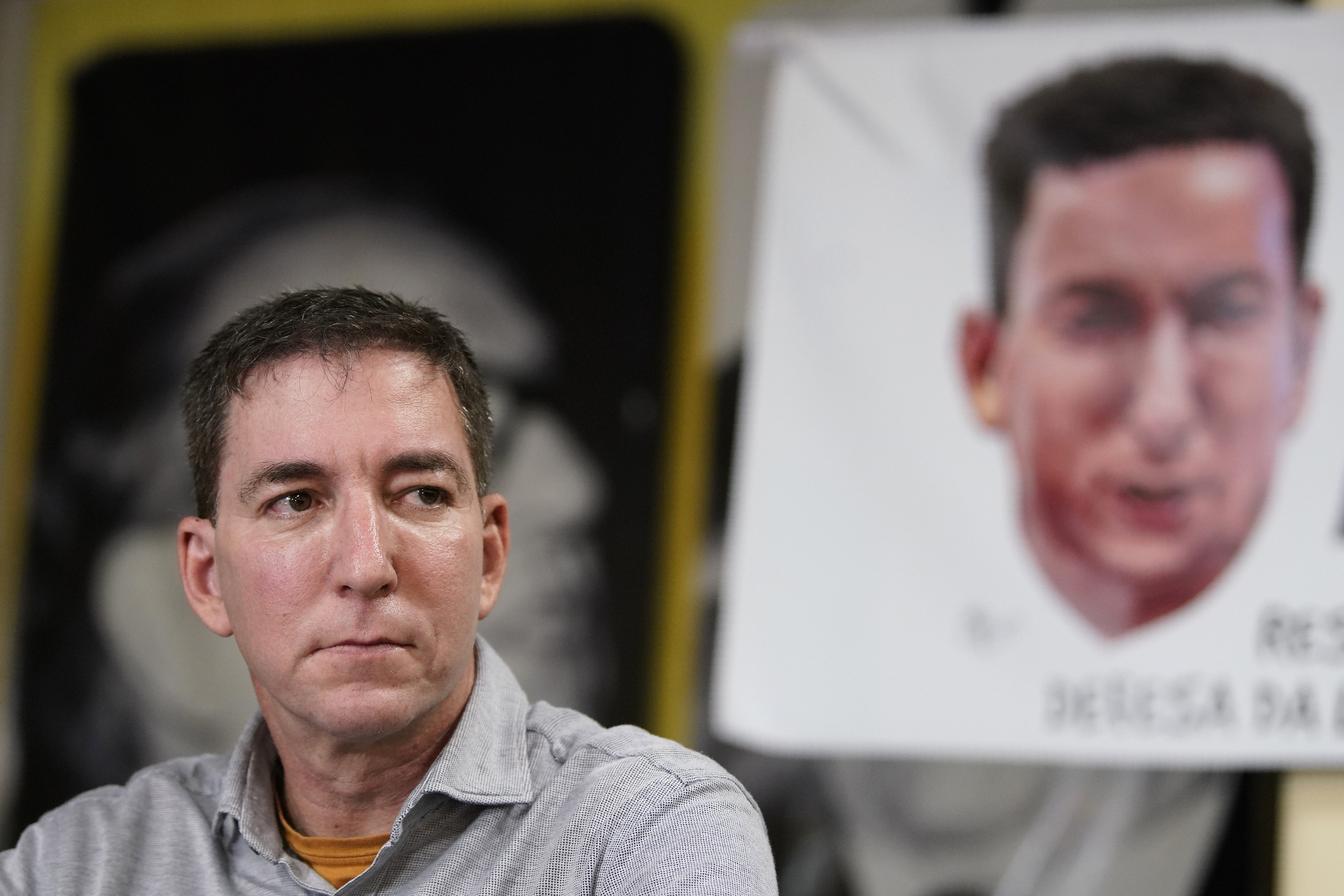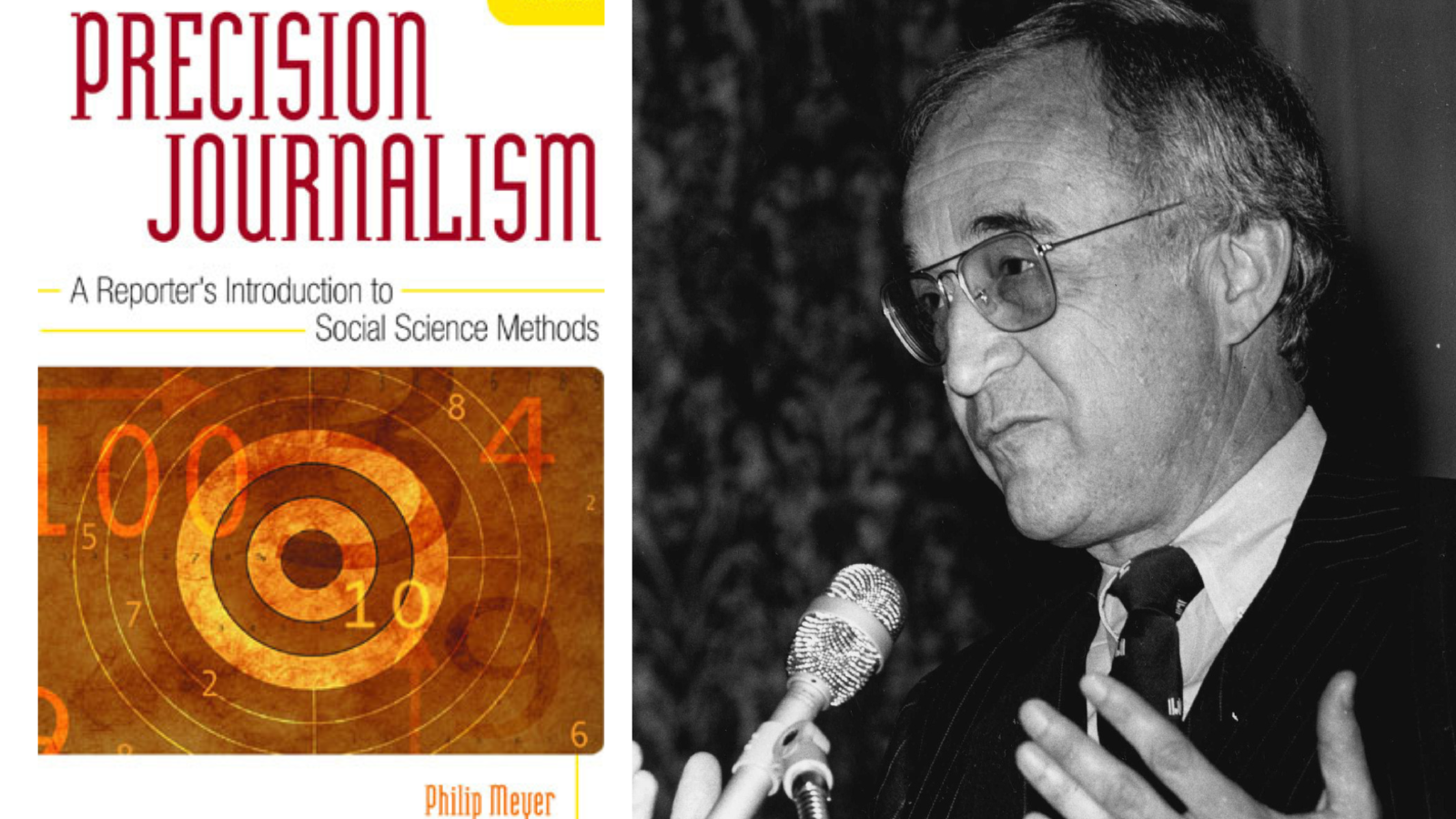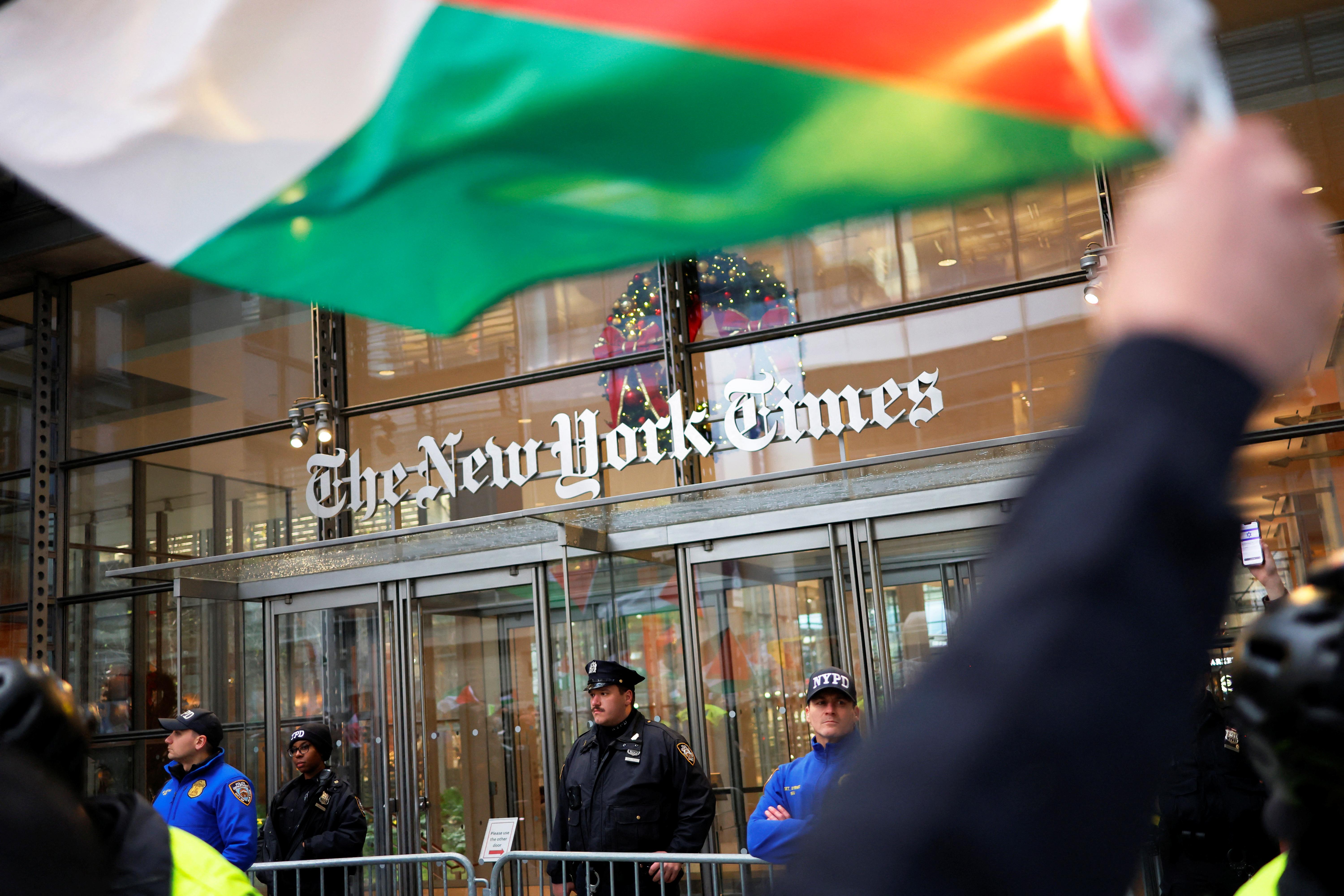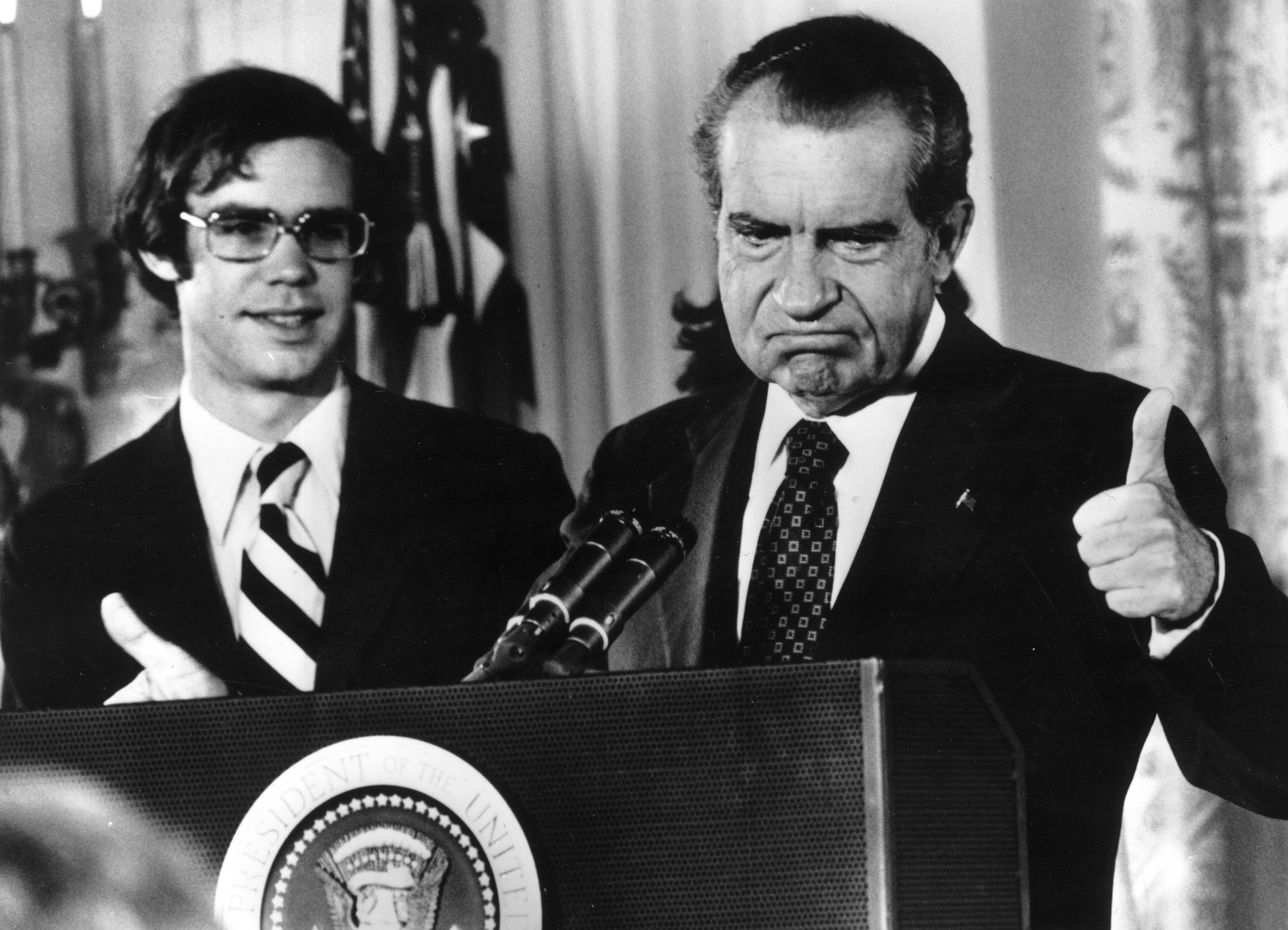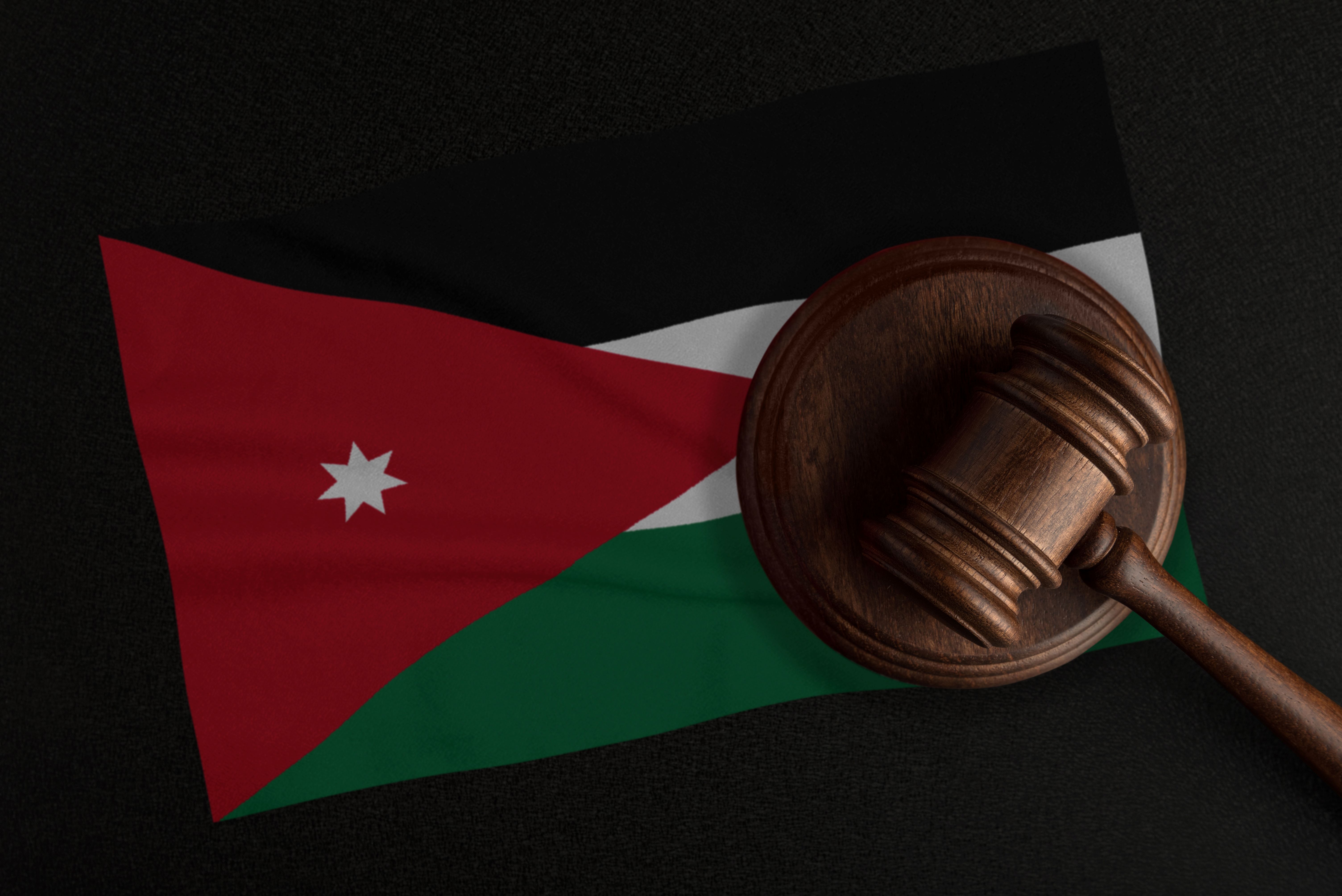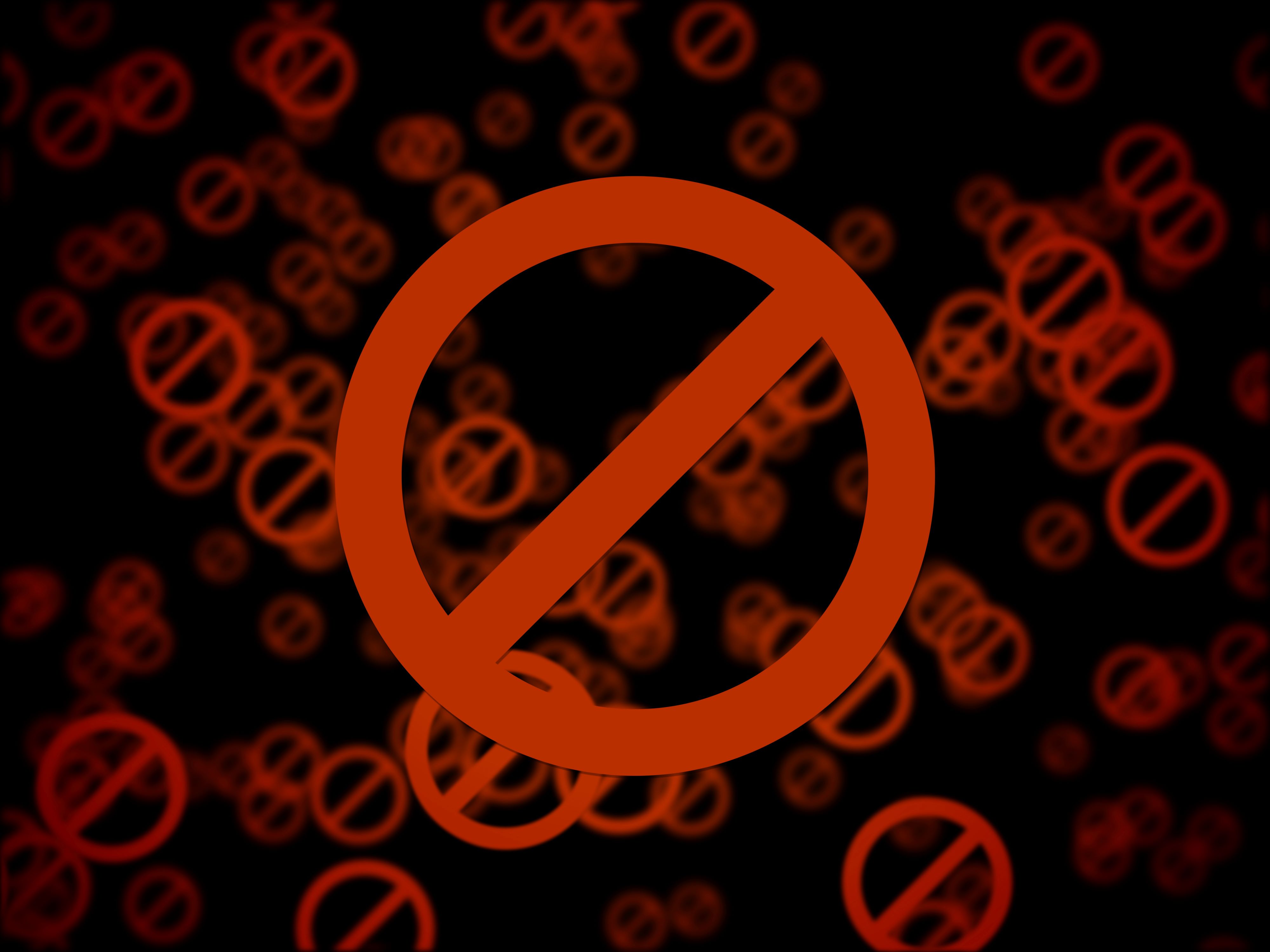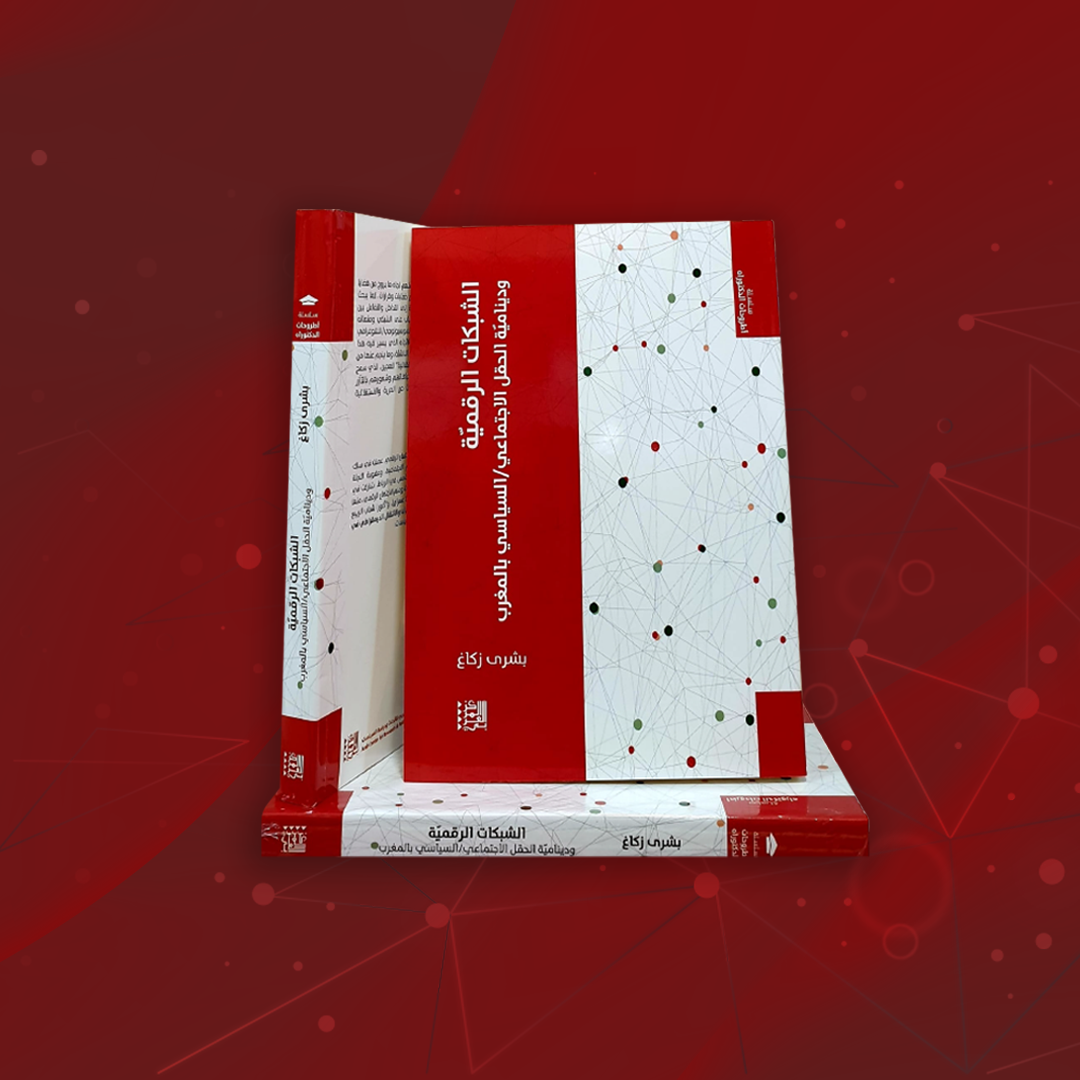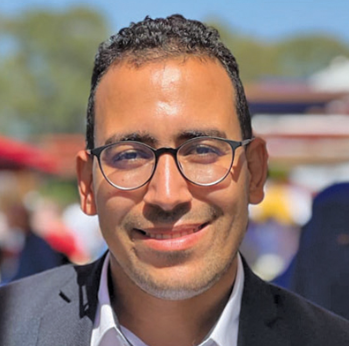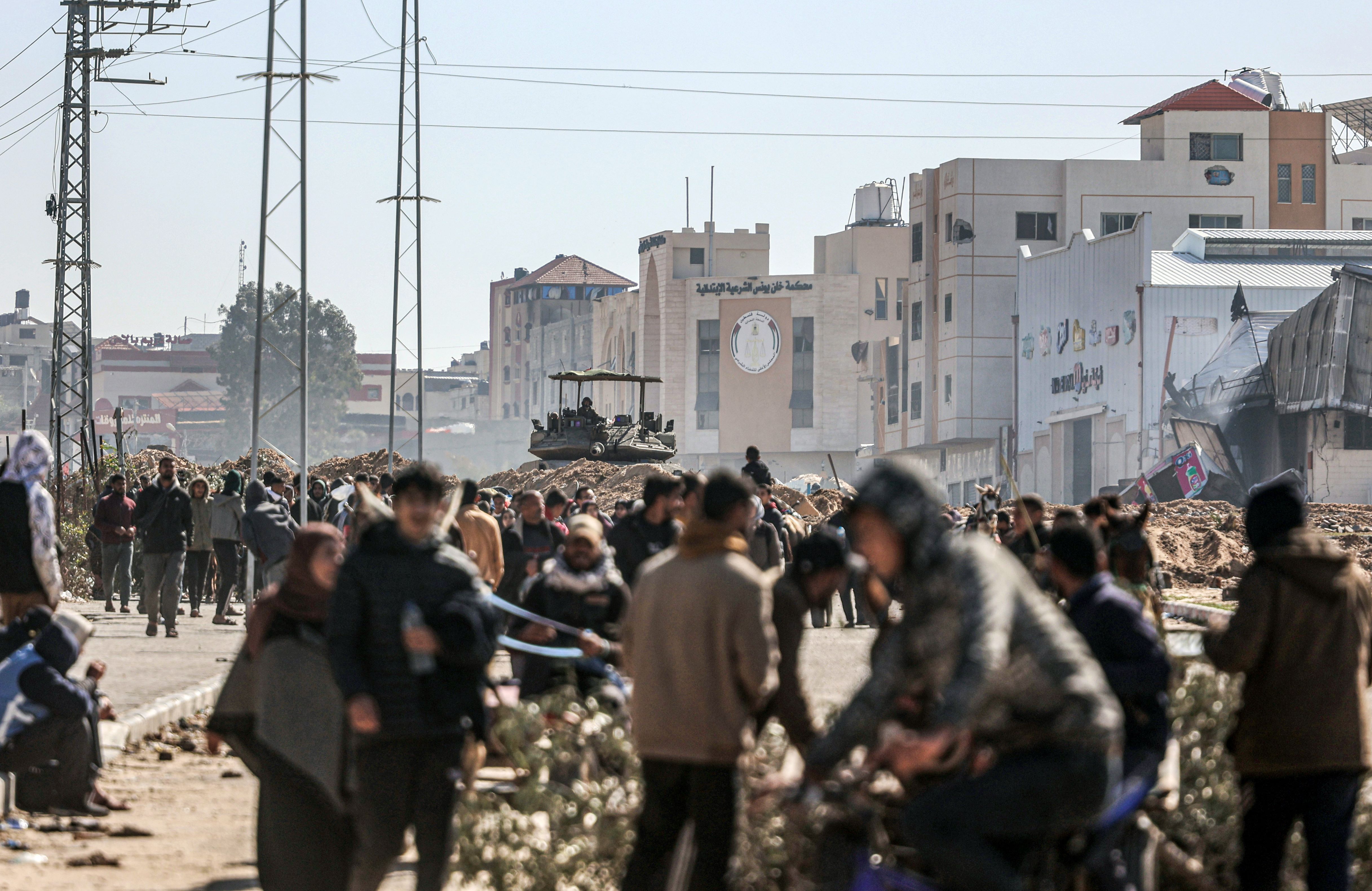In his upcoming book, Glenn Greenwald details his investigation into high level corruption in the far-right government of Brazilian president Jair Bolsonaro, and outlines the reporting that has shaken the country’s political arena and perhaps proven to be even more consequential than his previous work on the Snowden files.
Greenwald’s “Securing Democracy: My Fight for Press Freedom and Justice in Bolsonaro’s Brazil,” due to be released on April 6th, is a testament to how a free and adversarial press is crucial to stop the rise of authoritarianism, and the challenges Greenwald has faced in combating its rise.
“Securing Democracy” tells the story of how the Pulitzer-winning journalist uncovered thousands of leaked chats exchanged on the Telegram app between prosecutors and judges in Operation Car Wash, the anti-corruption probe that reshaped politics in Brazil in the latter half of the 2010s and contributed decisively to Bolsonaro's rise to power.
It is hard to overstate Operation Car Wash’s historical importance in Brazil.
What started as an inquiry into money laundering at a car wash service in Brasília ended up uncovering a sprawling network of corruption in the country’s state-owned oil company Petrobras. This web of corruption encompassed politicians from across the spectrum and businesspeople from the country’s construction sector. The scandal also impacted political figures in at least a dozen other countries in Latin America and Africa where corrupt Brazilian companies operated.
Car Wash imprisoned dozens of powerful men and recovered more than 4 billion reais (US$ 700million) in bribes, winning broad popular support in a country that had become accustomed to impunity for the rich and powerful.
National news outlets offered unrelenting praise for the prosecutors, federal police officers and lead judge Sergio Moro, depicting them as moral crusaders cleansing the country of corruption. Using aggressive investigation tactics and leniency deals that, according to Greenwald, encouraged defendants to turn against other targets of the prosecutorial team, Car Wash arrested part of the political and economic elite that ruled the country since its return to democracy in 1985.
But through Greenwald’s revelations, it later became evident that Car Wash’s most coveted target was former president Luiz Inácio Lula da Silva, the popular leader of the Workers’ Party. Lula, the top contender for the October 2018 presidential elections, was arrested six months prior to the vote over corruption accusations and thus was prohibited from running for office. With the front-runner removed from the race, Bolsonaro found a clear path to the presidency and invited Sergio Moro to become his Justice minister—an apparent quid pro quo for the judge who arrested his biggest political rival, according to Greenwald.
That Operation Car Wash had forever changed the history of Brazil by enabling the rise of the authoritarian Bolsonaro movement was evident, and few people, including the Supreme Court, dared to challenge Moro’s authority.
Moro had become the most popular political figure in the country, perhaps even more influential than Bolsonaro himself, and was touted as a potential presidential candidate. As Justice minister, he attempted to expand his unorthodox law and order tactics, for example by proposing an infamous “anti-crime bill” that, among other things, would give carte blanche for police officers to shoot at suspects. The judge-turned-minister eventually quit the government accusing Bolsonaro of interfering in investigations of corruption by members of the presidential family.
Moro’s meteoric rise was interrupted, however, when Greenwald obtained files from an anonymous source claiming to have hacked the private communications of Car Wash prosecutors and Moro himself. The leaked messages—published in a series of articles beginning in June 2019 by Greenwald and his then-colleagues at The Intercept Brasil, and later by partner media outlets—exposed serious malpractice by members of the Brazilian judiciary, who abused their authority in order to persecute political opponents and to prevent the center-left Workers’ Party from returning to power.
Among other things, the leaked messages showed that Moro had systematically instructed Car Wash prosecutors in secret and coordinated the leak of strategic information to the press, aiming to manipulate public opinion.
“What we found was stunning. The truth of the most extreme conspiracy theories that the loyalists of Lula’s party had long harbored about these prosecutors and Moro—many of which I had doubted—was fully evident from what they were doing and saying in secret,” writes Greenwald in the book.
The American journalist also reflected on the difficulty of verifying leaked information, writing: “When you receive a gigantic cache of secret information, or even if you receive more traditional leaks from a source who wants to remain anonymous, you can work to obtain high confidence in the authenticity of the material … But you can never prove the negative: that nothing has been altered, fabricated, or forged. That was the lesson learned by the New York Times throughout 2003 and 2004, when it became clear that much of the leaked information they were publishing about Saddam Hussein’s weapons program was false.”
Greenwald paid a heavy price for revealing Operation Car Wash’s misdoings. He suffered physical attacks and has been the target of an online defamation campaign by Bolsonaro’s supporters. Since the publication of the first stories, the American journalist and his family have had to live under heavy security detail, and cannot leave their house in Rio de Janeiro without armed bodyguards and a bulletproof vehicle.
The president himself has made deeply homophobic comments about Greenwald and publicly threatened to arrest him as a retaliation for his journalism—Brazil’s prosecutor’s office accuses him of conspiring with the hackers that stole information from Car Wash, but have been unable to arrest Greenwald thanks to a Supreme Court order protecting his journalistic activity.
While press freedom violations are not a novelty in Brazil, journalists working for mainstream outlets, not to mention foreign reporters, have not faced this level of hostility since the dark days of the military dictatorship (1964 – 1985). When Greenwald was reporting on the Snowden case from his Brazilian home in 2013, he did not face any backlash from local authorities, despite a history of collaboration with US intelligence agencies. In many ways, Greenwald is a witness of the decline of Brazilian democracy and the growing threats to press freedom under president Bolsonaro.
Despite these attacks, Greenwald’s reporting, together with The Intercept Brasil’s team, had made an impact that may help protect Brazilian democracy in the long run. Their work exposed serious flaws in Brazil’s justice system and helped reverse injustices perpetrated by Operation Car Wash. Last March, the Supreme Court annulled Car Wash cases against Lula and declared Moro suspicious in his rulings against the former president, thus restoring his political rights.
“Securing Democracy” is not only a book by one of the world’s most well-known investigative journalists, it is also a historical account of Brazil’s democratic decline and how independent journalism can help prevent the rise of authoritarianism.
“I have no doubt that the revelations we were able to bring to the public strengthened Brazilian democracy in an enduring and fundamental way”, writes Greenwald. “In many ways, I regard the dangers and threats we faced as vindication that we fulfilled our core function as journalists: to unflinchingly confront those who wield power with transparency, accountability and truth.”
Securing Democracy
Author: Glenn Greenwald
Publisher: Haymarket Books
Release date: April 6th, 2021
*Picture: Award-winning journalist Glenn Greenwald listens to questions during a press conference before the start of a protest in his support in front of the headquarters of the Brazilian Press Association on July 30, 2019. (AP- Ricardo Borges).
